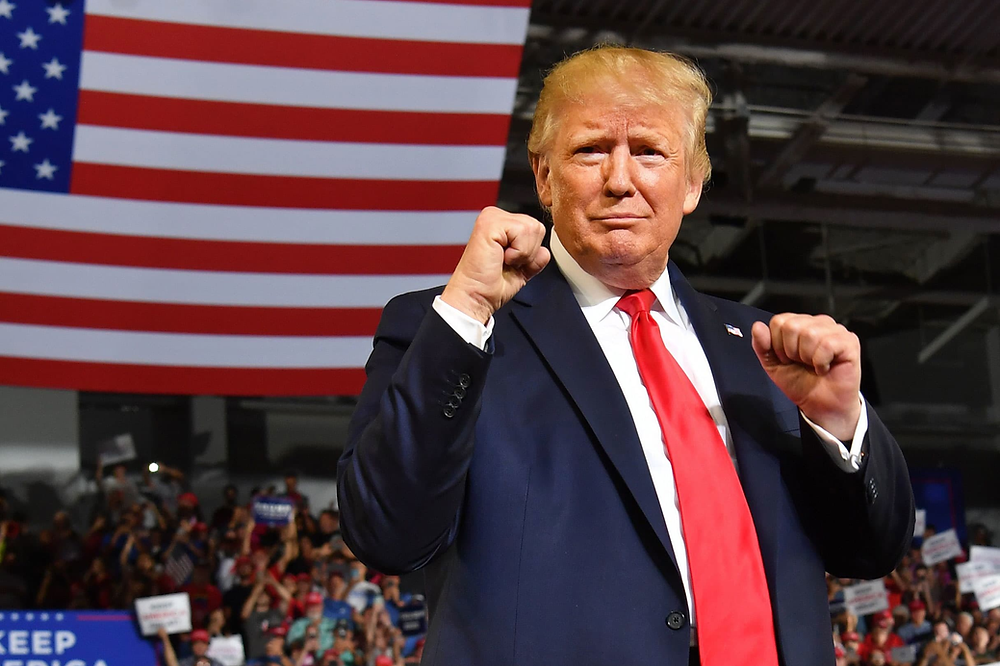Liberal Europeans hate Donald Trump. They also tend to judge it badly. I see this trend particularly represented in the media, where illusion is the guiding principle. The media brought the wrong political conclusions about their criminal trials last year. Now they are judging the court ruling last week blocking their reciprocal tariffs on April 2.
As Donald Trump continues his bid for a return to the White House, many of his opponents are placing their hopes not in the ballot box, but in the courtroom. Indictments, civil lawsuits, and disqualification efforts dominate headlines. This strategy, often dubbed “lawfare” — the use of legal systems as a weapon in political battles — has become the de facto plan to halt Trump’s political momentum. But here’s the uncomfortable truth: lawfare won’t beat Trump. And it may even make him stronger.
1. Legal Drama Fuels the Narrative
Every indictment, every court appearance, and every gag order feeds Trump’s carefully cultivated persona: the persecuted outsider, the anti-establishment warrior fighting a corrupt system. His supporters don’t see a criminal defendant — they see a martyr. To them, the legal attacks reinforce everything Trump has said about the “deep state” and political elites. Each court date becomes a campaign stop.
2. Courtrooms Aren’t Campaigns
Politics and justice operate on different timelines and rules. Trials can take months — or years — to resolve. Appeals can drag on past Election Day. And legal rulings, no matter how damning, don’t translate to automatic political defeat. Voters decide elections, not judges. Hoping a legal verdict will stop Trump is a gamble at best — a delusion at worst.
3. The Backlash Effect
Many Americans, even those uneasy about Trump, are growing weary of the constant legal wrangling. When lawfare becomes the dominant strategy, it risks looking like an elite power play — one that ignores the real reasons tens of millions support Trump in the first place. Weaponized accountability can backfire, especially when it’s perceived as selective or political.
4. It Avoids the Hard Work
Beating Trump requires more than legal maneuvers. It demands a clear, compelling political alternative. A vision. A message. A leader who can energize voters beyond anti-Trump sentiment. The reliance on courts to do the job of campaigns reflects a lack of confidence — or ideas — among Trump’s critics.
5. If the Law Fails, What Then?
Imagine Trump is acquitted. Or delays the trials. Or is convicted but still runs — and wins. What message does that send? If the legal system can’t stop him, and there’s no political movement strong enough to do it, what’s left? Lawfare risks becoming a crutch, a distraction from the real work of winning hearts, minds, and votes.
Legal accountability matters. But it’s not a substitute for political engagement. Lawfare may feel satisfying, even justified. But it’s not a strategy for victory — it’s a sign of desperation. If democracy is to prevail, it won’t be in the courtroom. It’ll be at the ballot box.

